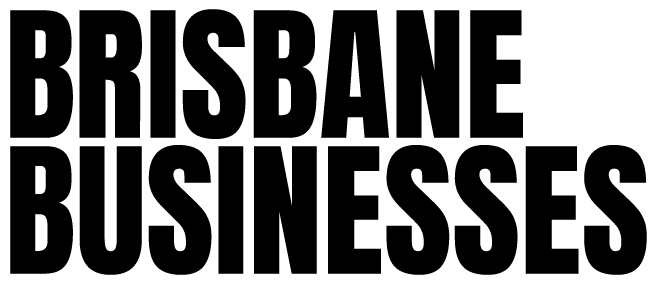Lifestyle trends are evolving faster than ever, influenced by rapid advancements in technology, changing societal values, and a global focus on well-being and sustainability. From how we work and play to how we interact with the world around us, the future of lifestyle is being redefined by a desire for balance, purpose, and connection.
Technology and Everyday Life
Technology continues to integrate seamlessly into our daily routines, reshaping the way we live. Smart homes, wearable tech, and AI-driven personal assistants are making life more convenient and efficient. From voice-controlled devices that manage household tasks to health monitors that track sleep patterns and activity levels, technology is enhancing productivity and wellness simultaneously.
The rise of the metaverse and virtual reality is also changing how we socialize, learn, and entertain ourselves. Virtual spaces offer opportunities to connect, explore, and create, blurring the lines between the physical and digital worlds.
Prioritizing Wellness
The future of lifestyle is deeply rooted in wellness, both physical and mental. As people seek to lead healthier lives, there’s a growing emphasis on practices that promote balance, such as mindfulness, yoga, and holistic health approaches. Nutrition is also evolving, with plant-based diets and functional foods gaining traction as people become more conscious of the link between diet and overall health.
Mental health awareness has become a cornerstone of modern living. Apps and platforms focused on meditation, stress management, and therapy are becoming indispensable tools for managing the challenges of daily life.
Sustainability in Daily Living
Sustainability is no longer just a buzzword; it’s a way of life. From eco-friendly products to minimalistic living, people are making conscious choices to reduce their environmental footprint. Home designs are incorporating renewable energy solutions, such as solar panels and energy-efficient appliances, while urban areas are embracing green architecture and public transportation initiatives.
The trend of “buy less, buy better” is encouraging consumers to invest in durable, ethically sourced products. This shift is driving industries to adopt circular economy models, where waste is minimized, and resources are reused.
The Shift in Work-Life Balance
The pandemic accelerated changes in how we approach work and leisure. Remote work and hybrid models are becoming the norm, giving people more flexibility to design their days. This shift has led to a reevaluation of priorities, with many individuals focusing on family time, hobbies, and personal growth.
Travel and leisure have also evolved, with a preference for meaningful experiences over material possessions. Eco-tourism, wellness retreats, and digital detox vacations are becoming popular as people seek fulfillment beyond traditional consumerism.
Challenges and Opportunities
As lifestyles evolve, challenges such as digital burnout, the widening gap in access to resources, and the environmental toll of technological advancements must be addressed. Finding a balance between embracing innovation and preserving human connection will be critical.
On the other hand, the future holds exciting opportunities. With continued innovation, a greater focus on sustainability, and an emphasis on personal well-being, the potential to create a more fulfilling and purposeful lifestyle is within reach.
Looking Forward
The future of lifestyle is about living intentionally—choosing technologies, habits, and practices that align with personal values and global needs. It’s about finding harmony between convenience and sustainability, connection and independence, and ambition and well-being.
As we navigate these changes, the focus will remain on creating a world where people can thrive, not just survive, in the face of constant evolution. The lifestyle of tomorrow promises to be one that embraces innovation while honoring what it means to truly live well.


